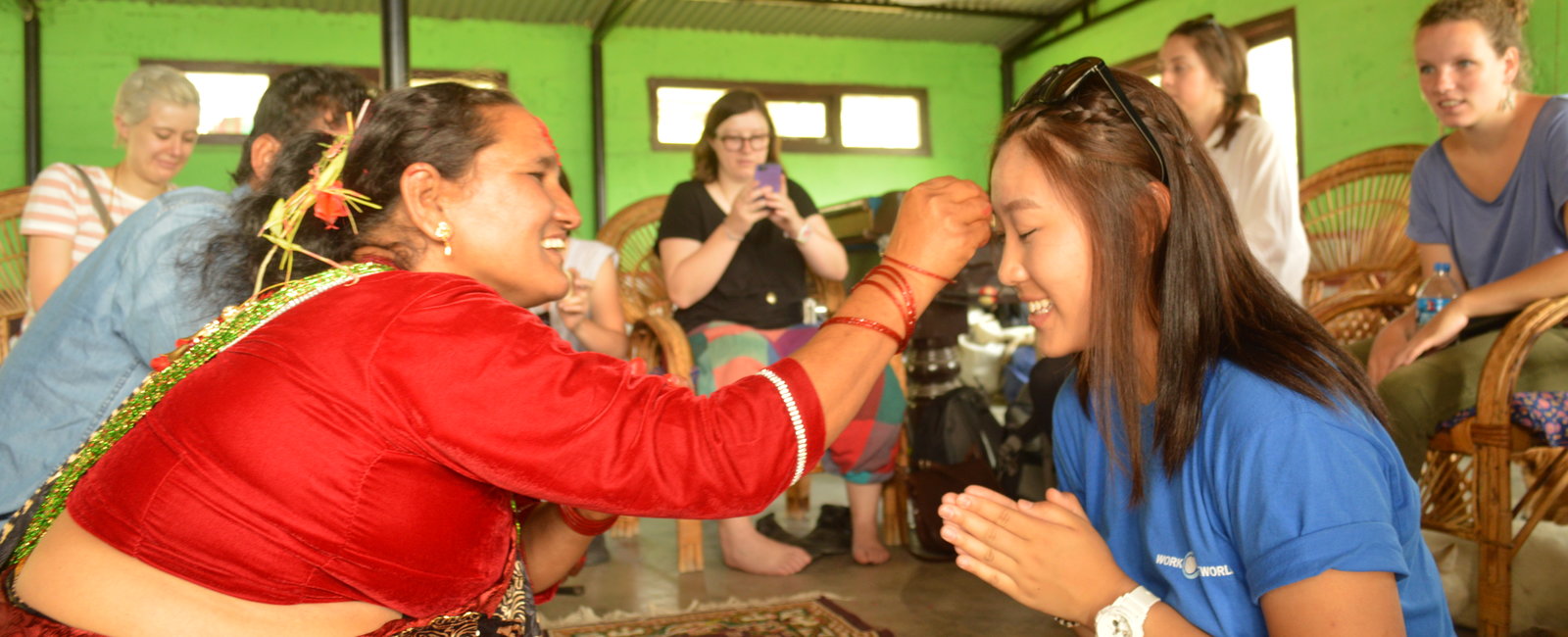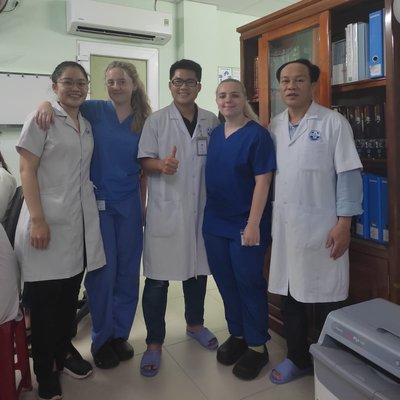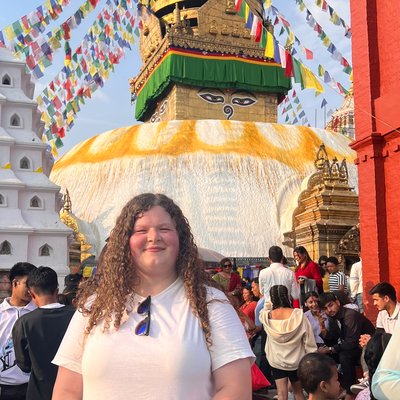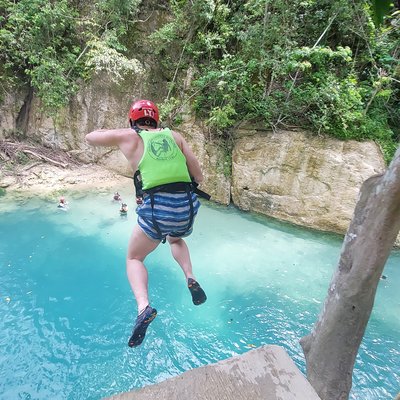City University London
I undertook my elective placement in Iloilo, The Philippines for 2 weeks.
My objective for my placement was to be open about learning how healthcare works in another country. I wanted to improve my knowledge on the different clinical presentations in The Philippines and learn about the differences in the prevalence of different diseases there.
I hoped that I would be able to broaden my knowledge and be more cultured so that I could improve the standard of care I give back in London.
 My placement hospital in The Philippines provided health care services to the paying public at the lowest price possible and provided as much subsidised care to the identified community as the limited resources would permit.
My placement hospital in The Philippines provided health care services to the paying public at the lowest price possible and provided as much subsidised care to the identified community as the limited resources would permit.
In my first week, I was placed in general X-ray and fluoroscopy. We were shown around the hospital and all the different departments.
What struck me in the first week was that it was very crowded and on many occasions there would be 2 to 3 patients sharing one bed. There were patients lining the corridors waiting to be seen on camp beds, not even on proper hospital beds.
Patients that had a colostomy were very common when I was in fluoroscopy, with 3 out of the 4 patients I had seen having had one - two having a ruptured appendix.
I noticed that patients only came into the hospital right at the last minute and only if they really needed it, which caused things like ruptured appendix to happen, which would not be such a common occurrence in the UK.
 What surprised me was that patients had to buy their own equipment for the radiologists to use for a procedure, from barium to the tissues they use to wipe the equipment.
What surprised me was that patients had to buy their own equipment for the radiologists to use for a procedure, from barium to the tissues they use to wipe the equipment.
In the general X-ray department they still used film X-ray. It was a slow process when developing film and they had to be processed in the dark room.
I learnt that radiation protection was not as much of an issue when compared to the UK. When doing a chest X-ray, radiation technicians would open out all the fields of collimation.
Sometimes I would see family members or staff still in the room and the radiation technicians would expose. Staff were not expected to be able to justify or read the X-ray images and I saw that they were more forgiving with their X-ray positioning.
During my second week, I was rotated to ultrasound. In ultrasound the most common procedure was an ultrasound of the chest, which I’d not seen performed in the UK, ideally a CT would be performed. But, as there was only one CT scanner in the hospital, they made do with the equipment they had.
I saw quite a few abdomen ultrasounds done to check for metastases.
Ultrasounds can be correlated with chest X-rays and can show consolidation, collapse, atelectasis and effusion. I saw quite a few abdomen ultrasounds done to check for metastases.
 During an examination of a male patient’s abdomen who had CKD, I saw that the patient had a colostomy bag which he had made himself using an elastic band tied around his waist, a plastic cap with a hole in it and then some cling film.
During an examination of a male patient’s abdomen who had CKD, I saw that the patient had a colostomy bag which he had made himself using an elastic band tied around his waist, a plastic cap with a hole in it and then some cling film.
You could really see the differences in wealth between The Philippines and the UK as patients in the UK would have been given the supplies for a colostomy bag for free.
I saw an interesting case of a baby who had an enlarged head and was queried for hydrocephalus. On ultrasound examination, it was found that the baby had no cerebrum and only a thalamus and the cranial vault was filled with fluid. The radiologist said that this was an extremely rare case and either hydranencephaly or severe hydrocephalus was suspected.
There was only one ultrasound machine and patient confidentiality often went out of the window. I saw four patients in the room at the same time, and even two babies lined up next to each other on the examination couch waiting to be seen.
During the evenings and on the weekends, I had the opportunity to explore The Philippines and went to Guimaras, Boracay, and Antique, where I visited the beautiful beaches, went fishing, relaxed in a cosy Kawa bath, and more.
I had so much fun meeting people from all around the world and sharing adventures with them.
 Another great thing about Work the World was that I was with like-minded people who wanted to go exploring, learn and have a good time! The Work the World team were also very supportive and friendly. I never felt on my own.
Another great thing about Work the World was that I was with like-minded people who wanted to go exploring, learn and have a good time! The Work the World team were also very supportive and friendly. I never felt on my own.
I thoroughly enjoyed learning during my three weeks in Iloilo. The one thing it has taught me above all, is gratitude. It made me realise how much we have in the UK because we are not strapped for equipment and what an amazing thing the NHS is.
It has taught me to be more resourceful when I am back in the UK and not use so many supplies to do one thing. For example, I could use less tissue to dry my hands!
Even from the point of view of the patient, while in The Philippines I didn’t see any patient that complained about the pain they were in when being positioned during an X-ray. I could adopt this into my own way of living and not complain so much when getting seen.
It has been an eye opening experience and I will always remember my time in Iloilo.









